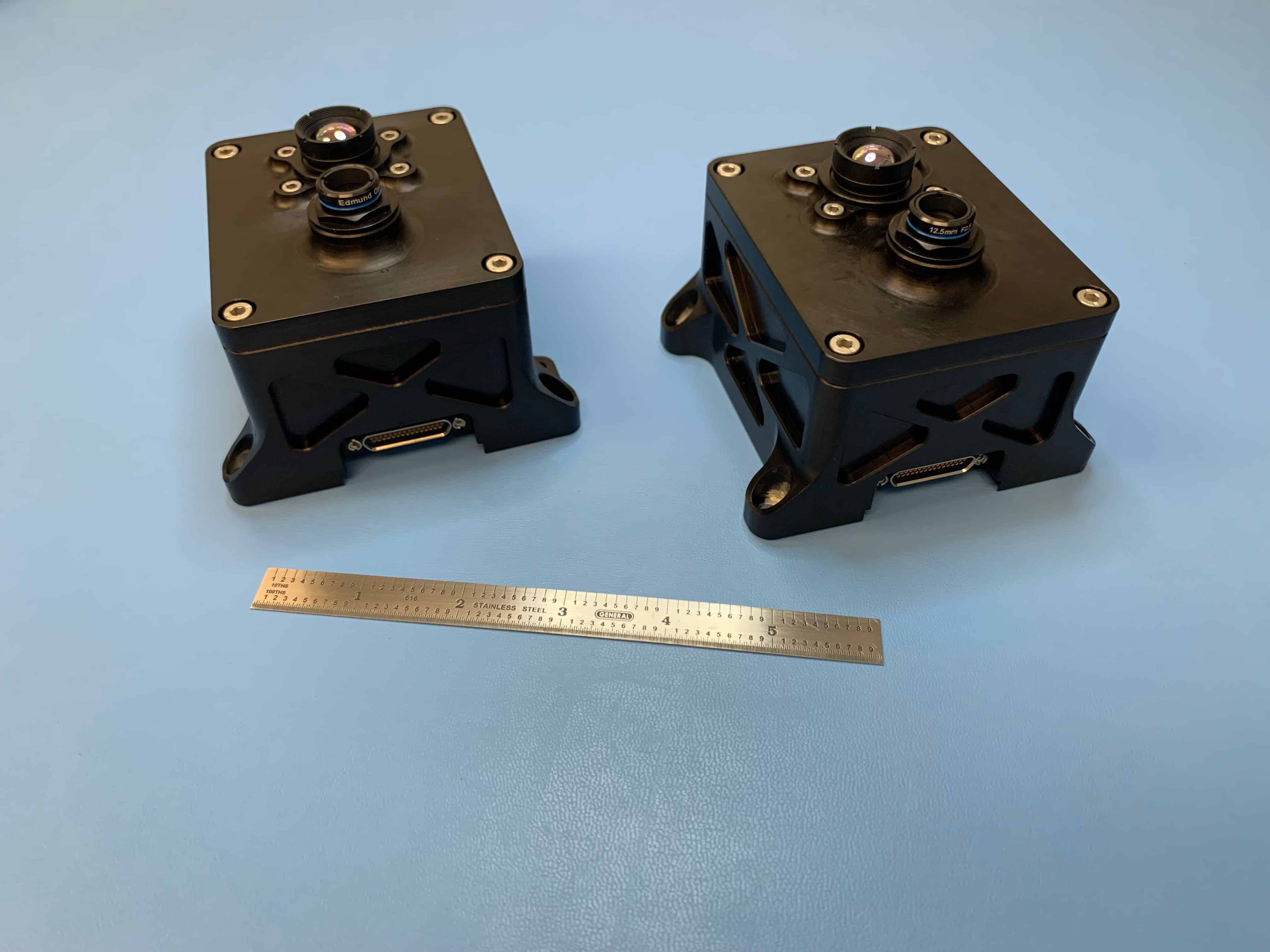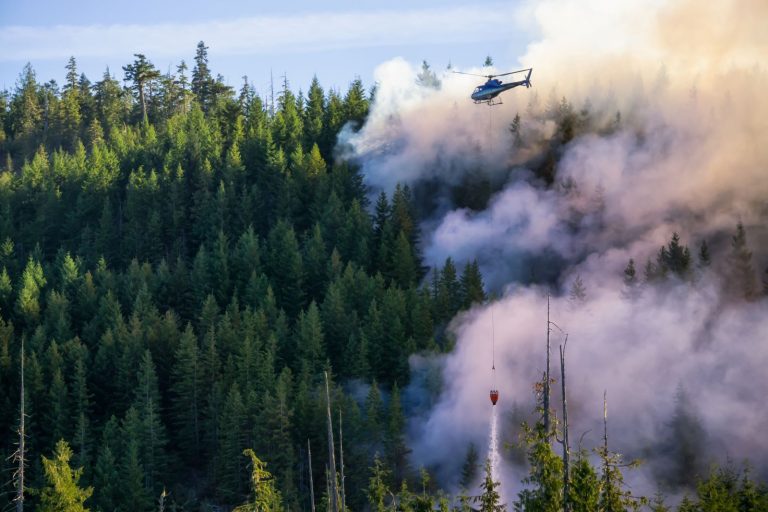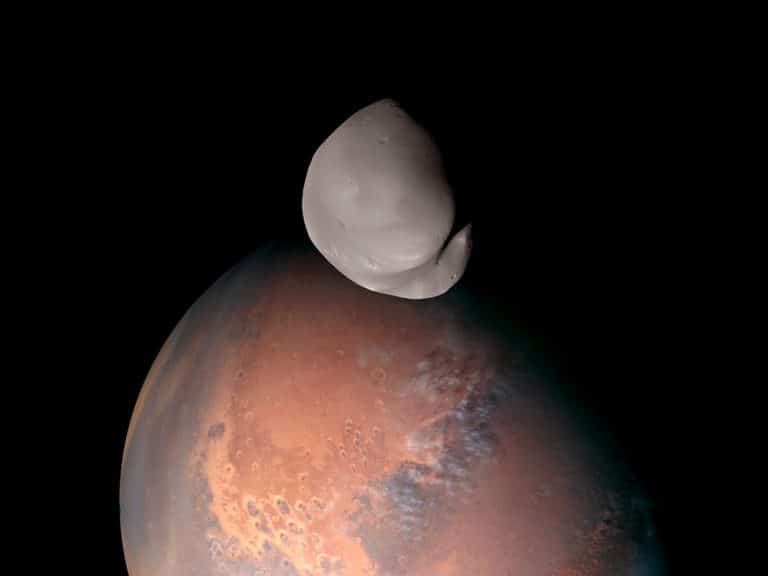
Not many people in the world can say that something they built is orbiting Mars—especially not college students. Soon, a cross-disciplinary team of about 35 NAU students—most studying planetary science, astronomy, mechanical engineering or electrical engineering—led by faculty members at NAU will be able to claim that accomplishment. The team’s VISIONS (VISible and Infrared ObservatioN System) camera is… Read more


